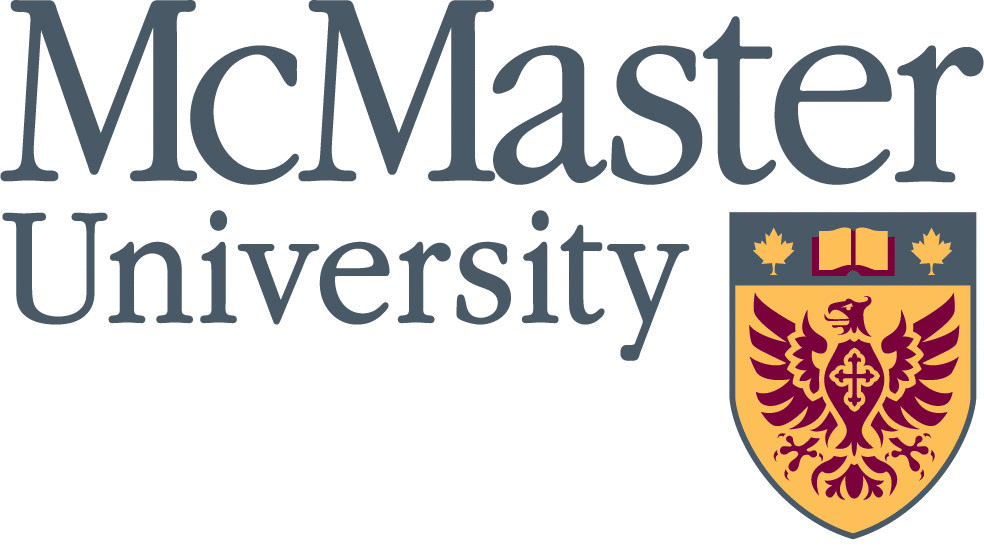MURA hosted a workshop about the McMaster Optimal Aging Portal at 1 o’clock on Thursday, November 10th at the McMaster Health Forum on the 4th floor of Mills Library on campus.
Attendees learned how to use the McMaster Optimal Aging Portal, a web site that gives access to high-quality information that can help you remain healthy, active and engaged as long as possible, and to manage your health conditions. The Portal aims to be a trusted voice on healthy aging for the public. There are many other online resources that deal with health and aging, but what sets the Portal apart from the crowd is its emphasis on providing only the best evidence, and telling you why it’s considered the best. The Portal filters out the noise and makes it easy to understand how scientific evidence and other types of information can help you.
This excellent resource was developed here at McMaster as part of the Labarge Optimal Aging Initiative.
Below is an excerpt from the McMaster Optimal Aging Portal blog.
Exercise plays an active role in treating depression. One of the important benefits of exercise is how it can enhance mood and sense of well-being. Chalk it up to endorphins and other “feel good “chemicals in the brain that are released when we’re physically active. But can it help with depression?
Depression is a widespread, chronic and often debilitating condition that is particularly common among older adults. To make matters worse, depression is difficult condition to treat. Many people are reluctant to admit to a mental illness or don’t respond well to treatment with medication.
A recent blog post on the McMaster Optimal Aging Portal highlights a review of 18 research studies including over 1000 older adults with depression. The review found that exercise does have a ‘moderate’ effect in helping to combat depression. The results are encouraging and support making exercise part of the treatment plans for older adults diagnosed with depression, or who are at risk of depression.
According to the evidence, all types of exercise are beneficial but “alternative” programs, such as Tai Chi and Qi Gong, were found to be most effective.
Depression can have severe consequences for older adults and better ways to diagnose and treat the disorder are urgently needed. Though it may not provide a cure, exercise can be recommended as uneasy and safe addition to depression treatment — with few negative side effects and many additional benefits— to help reduce depression symptoms and promote healthier outlook.
To read the full blog post (including more details on the supporting research evidence for this topic), visit The McMaster Optimal Aging Portal -- information about healthy aging you can trust.
